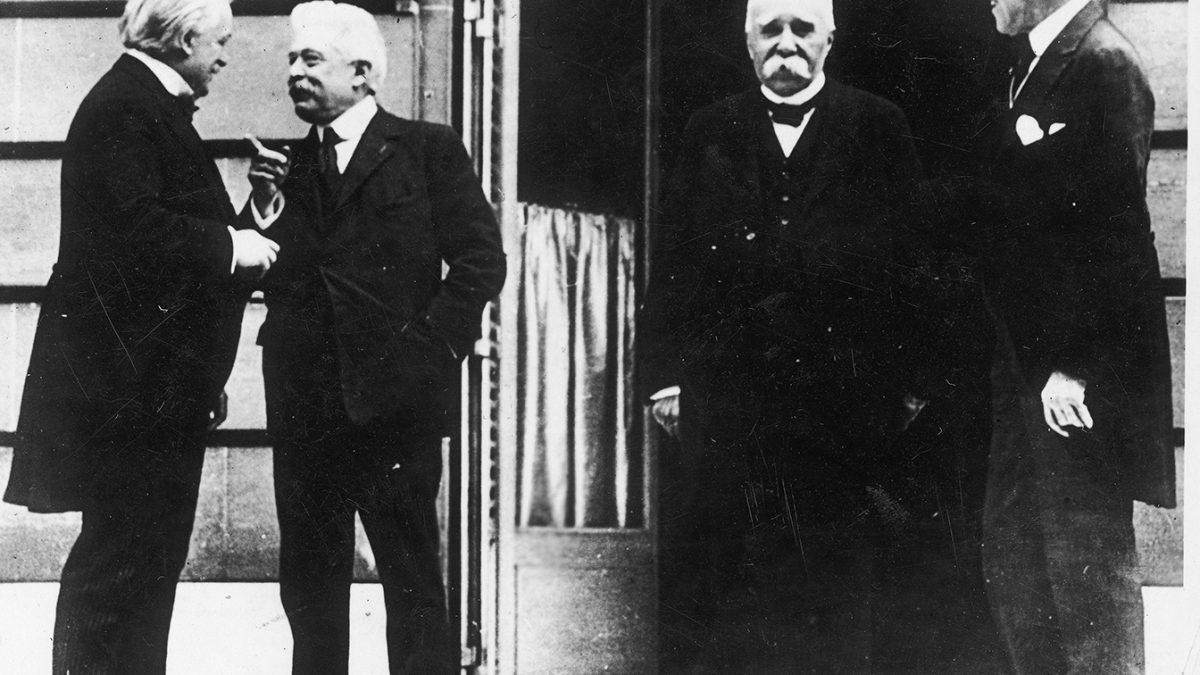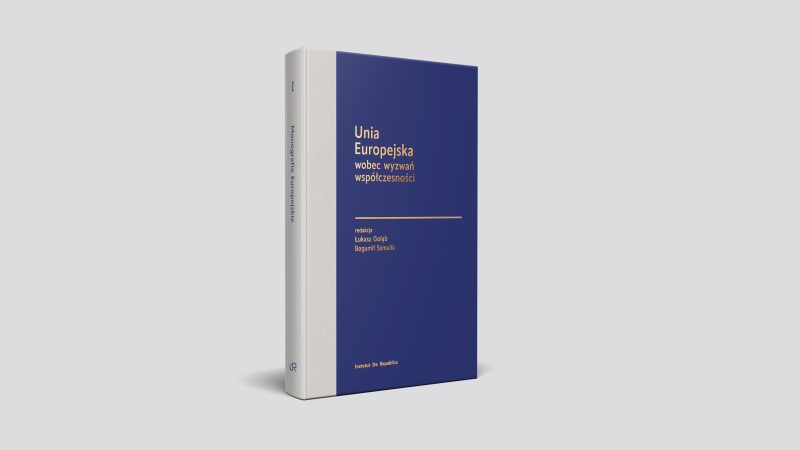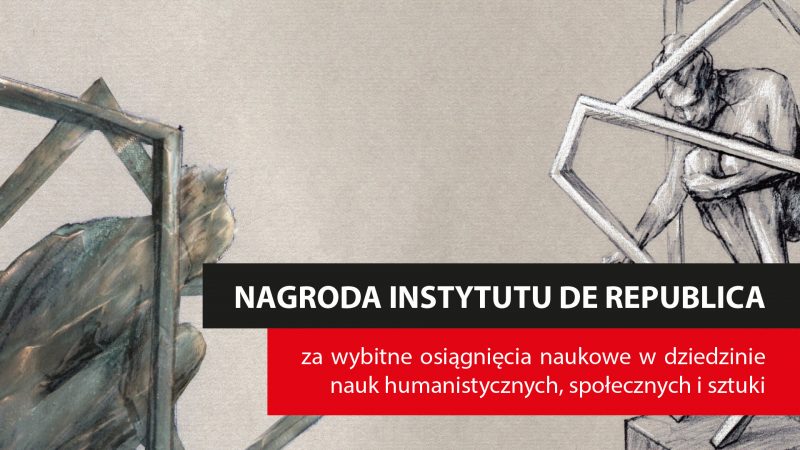The Versailles order and territorial changes in Europe after the First World War
On 25-26 May 2022, an international conference on the Treaty of Versailles of 1919, organised by the Institute De Republica, will be held in Toruń.

The year 2022 marks 102 years since the Treaty of Versailles came into force. Created as a result of the victory of France, Britain, the USA and other Allied countries over Germany and other central states, the order resulting from the Treaty of Versailles was supposed to constitute an eternal peace. However, it occurred that, in the words of French Marshal Ferdinand Foch, it was “a truce for a generation”. The British economist John Keynes also pointed out the fragility of the foundations of the order.
In the early 1920s, however, most Europeans believed that the nightmare that was the Great War would never happen again. Numerous nations, including the Poles, rejoiced at the restoration of their independent existence and the establishment of their sovereign states. The order of Versailles also provided the opportunity to regain territories lost in the past. This was the case for the French, the Danes and the Poles, for instance, and it involved such territories as Alsace-Lorraine, Schleswig-Holstein, as well as Wielkopolska and Pomorze Gdańskie (Gdansk Pomerania). The newly created states, e.g., Lithuania or Czechoslovakia, obtained from Germany the territories in which their native language relatives lived. Thus, Klaipėda Land was incorporated to Lithuania and Hulčinsky Land to Czechoslovakia.
From the very beginning, the Versailles order had its supporters and critics. The latter were mainly associated with the loser nations, such as the Germans, Austrians, Bulgarians and Hungarians. However, the supporters of this new balance of power in Europe were the majority. It was also attentively observed by the countries that were not direct participants or beneficiaries of the changes. Those countries include, for instance, Spain and Portugal, as well as Switzerland.
This international conference, organised by the Institute De Republica with the participation of researchers from Poland, Lithuania and the Czech Republic, is to answer a number of important questions concerning the circumstances of the signing of the Treaty of Versailles and similar documents with other Central States, as well as the consequences for Europe and Europeans. The conference will be headed by prof. dr hab. Jarosław Kłaczkow and dr hab. Zbigniew Girzyński, professor of UMK. The conference will be attended by eminent scholars in the field of international relations of that period, including prof. Arkadiusz Adamczyk, prof. Marek Kornat and prof. Mariusz Wołos.
The outcome of the conference will be a publication in Polish and English.
This all will allow wider dissemination of Polish research into one of the most significant documents in the history of the 20th century. The document that granted international approval for the reunification of the territories of Gdansk Pomerania and Wielkopolska, which had been separated from Poland in the 18th century. The document that provided solid and lasting foundations for the statehood of the modern nations of Central Europe.



